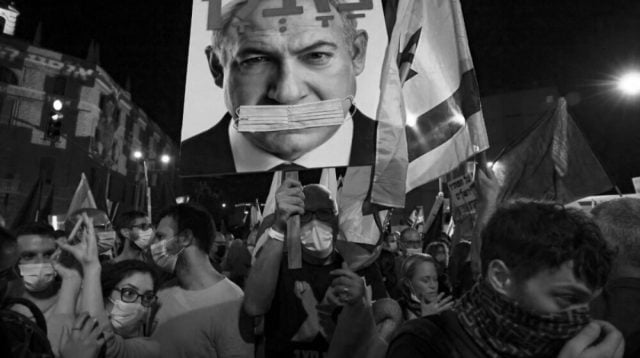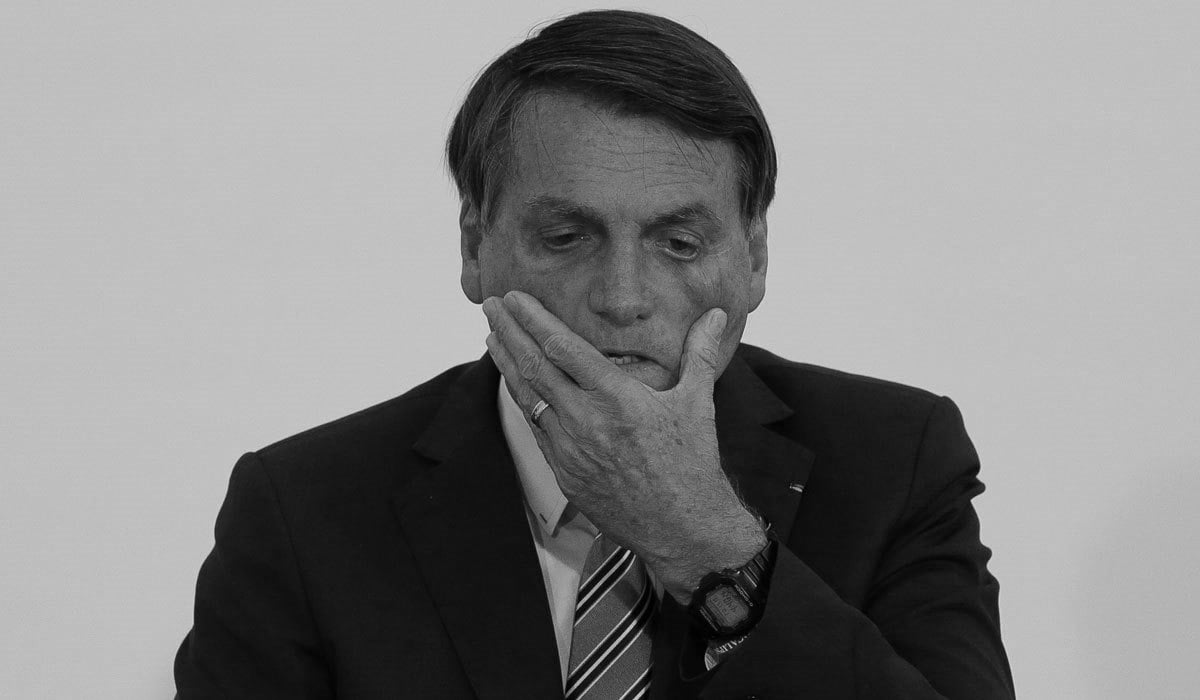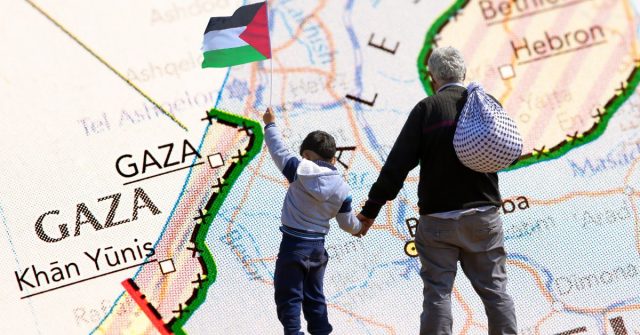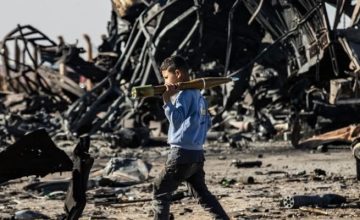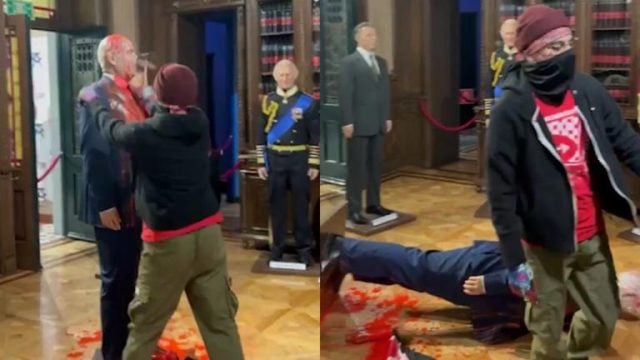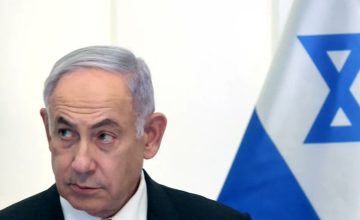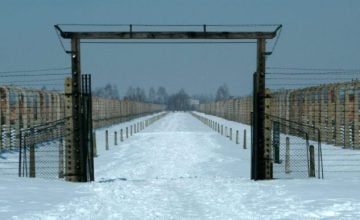The Israeli police arrested a group of citizens protesting outside the official residence of Prime Minister Benjamin Netanyahu in West Jerusalem. The protesters had been camping there for two weeks and refused to leave until the premier resigned.
One of those arrested was Amir Haskel, 67, a retired Air Force pilot with the rank of Brigadier General. This veteran sees the removal of Netanyahu as the first and necessary step in a process of change. «The biggest threat to Israel is not Iran, Hezbollah or Hamas … it is the internal divisions of our society», he emphasized.
Netanyahu is the longest-serving Israeli premier in office – 11 years straight. In addition, he is the first in office to be prosecuted, as he is currently being investigated for three cases of bribery, fraud and breach of trust.
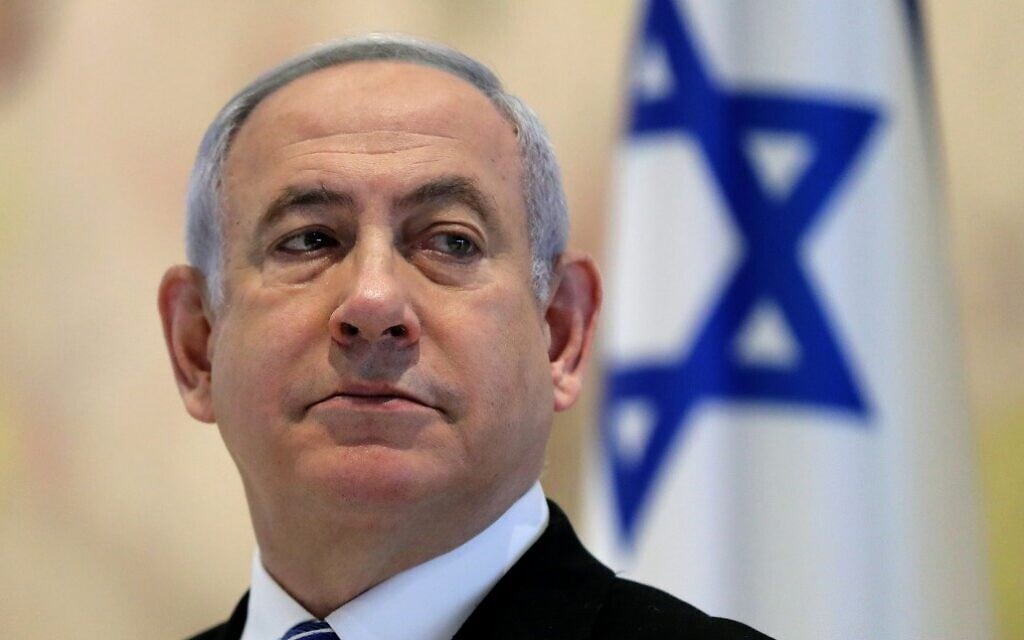
Although the protests began in 2016, with the first judicial process against him, this year the situation worsened. The coronavirus pandemic paralyzed the economy and Israelis – most of them young adults – came out to demonstrate ‘en masse’. However, they have been on the streets for months and the mainstream media keep their protests in oblivion.
For five months, tens of thousands of Israelis have been on the streets and demand the resignation of Netanyahu. According to The Guardian, they demand that he excuse himself for his corruption and for not managing the pandemic effectively. They also condemn his «delusion of greatness», as they assure that «he would do anything» to be above justice.
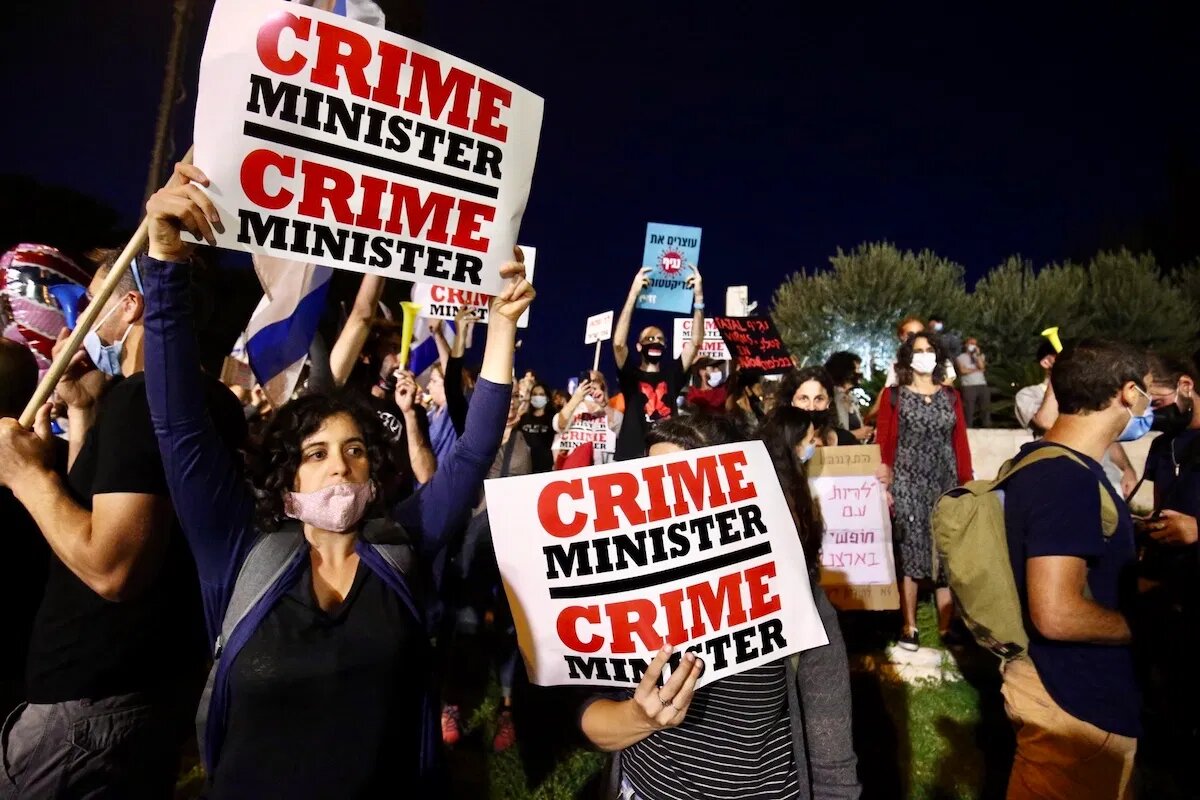
Where, how and why they protest
There are demonstrations in front of Netanyahu’s official residence and in the vicinity of his private home in Tel Aviv. But, the outbreaks extend to at least a thousand sectors of the country, including some cities considered bastions of the right.
Its organizers claim that the number of protesters exceeds 250,000, more than 20,000 in Jerusalem alone. The response of Netanyahu and his cabinet is to condemn them as «anarchists», «disease spreaders» and «Iranian-funded pawns».
The crisis in Israel is unmatched in recent history. More than a million people are unemployed in a country of only nine million people. Cultural activities and social life are practically non-existent. The ability of people to travel outside the country is severely restricted.
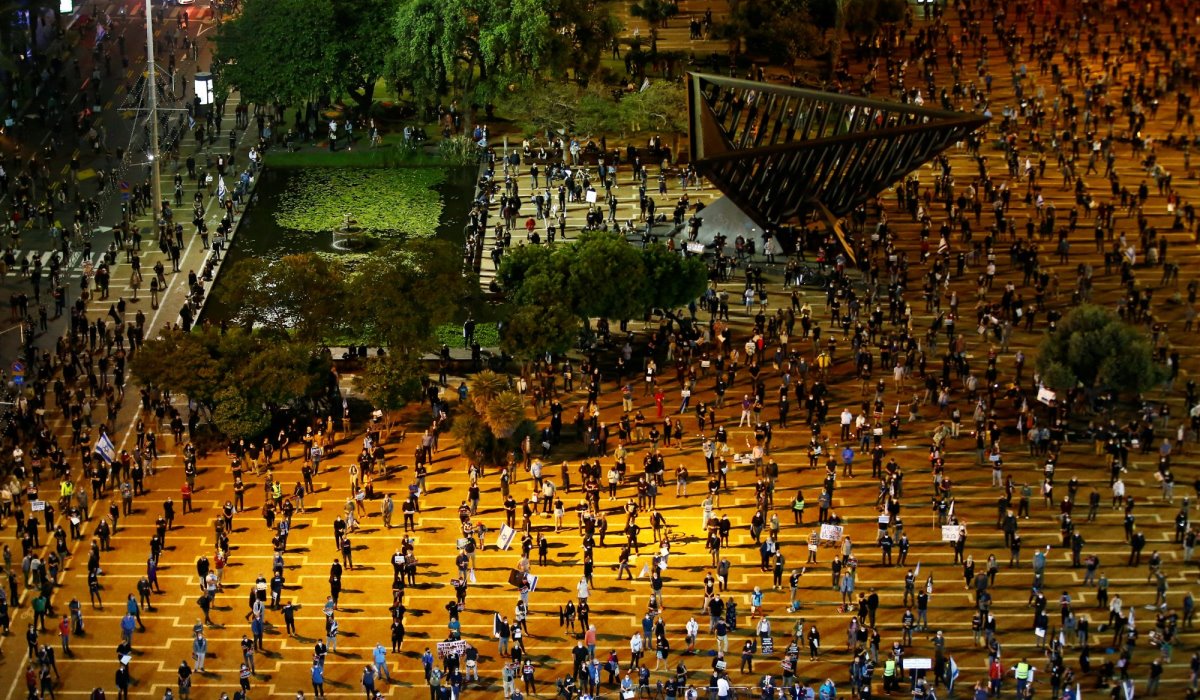
The situation has led tens of thousands of Israelis to practice civil disobedience. The Government has responded with violence against a segment of the Jewish population that was unaware of police brutality in their country, that which Palestinians have suffered every day for decades.
Faced with reports of human rights violations, the Government turns a blind eye and remains silent. The Israelis receive doses of their own medicine, because they themselves make invisible and ignore the genocide against the Palestinian people.
Years ago, in 2011, the protests focused on the high cost of living and in the social problems they were facing in their lives. Today, in the demonstrations you can see posters with exclusively political messages and the common demand is the resignation of Netanyahu.
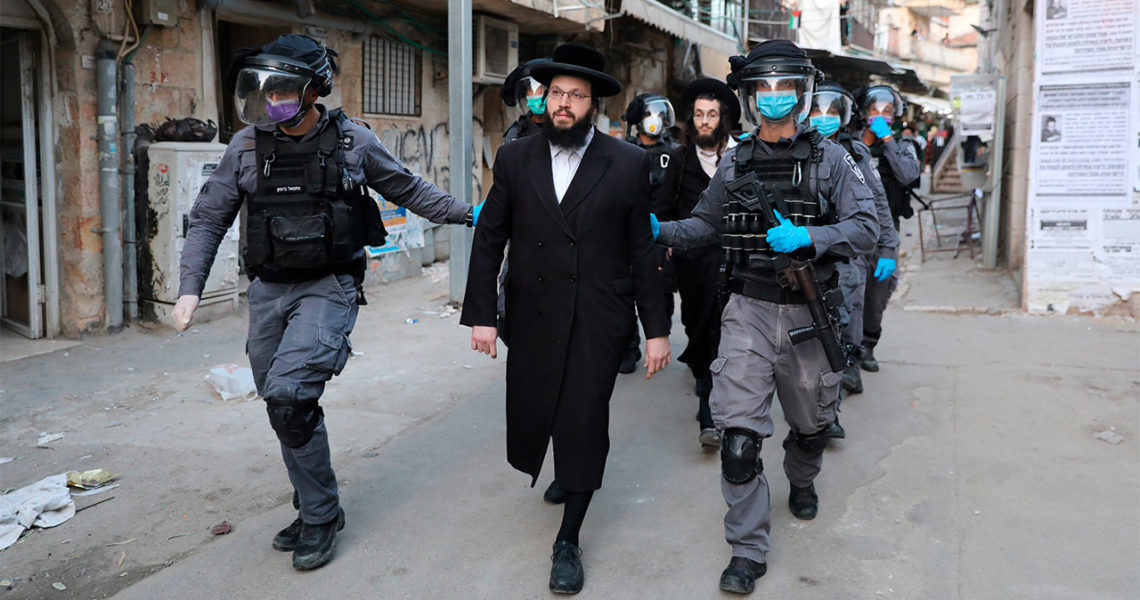
When did the situation on the streets worsen?
The protests intensified in September, with the second wave of COVID-19 cases and one of the highest infection rates in the world. The government imposed a strict blockade and decreed fines against those who did not wear masks.
It also enacted emergency regulations that restrict any gathering to a maximum of 20 people. Israeli media claim that the measure was taken, but there is no evidence that the protests contribute to the increase in cases.
A survey by the Israel Institute of Democracy revealed that the protesters believe that the second blockade was to stop the protests and not for health reasons.
Then, the discontent in the country increased, with so many protests that the authorities could not contain them. Faced with their impotence, the police forces resorted to violent repression, while the detained and wounded number in the hundreds. The Israeli people are victims of the repression that Palestinians, Ethiopian Jews and Orthodox Jews have suffered for years.
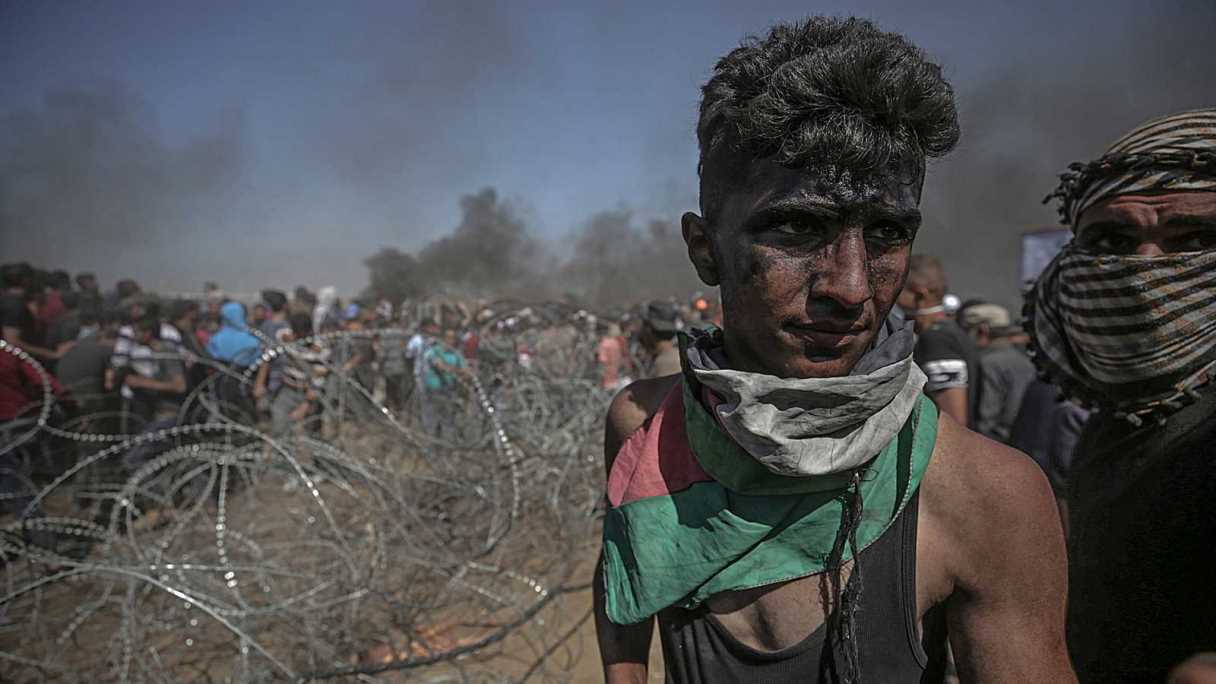
The protesters refuse to listen to the police calls for eviction and they mobilize to evade the barricades. They also refuse to give their identification documents and claim that they will not pay any fines.
“Everything has been politicized with a discourse focused on government corruption. People do not have jobs, they are not afraid, but they do have time to stay on the streets«, said Ori Givati, an activist who has been arrested several times, reported The Guardian.
Ori Givati made a singular comparison: “I no longer believe that the police are protecting me. I have not believed it for a long time after my experiences in the West Bank. But until you experience it yourself and are attacked, you don’t feel it». Then he added: “When I am arrested in the West Bank there are not thousands of people who support me. Here in Balfour, when they arrest you, you are a hero».
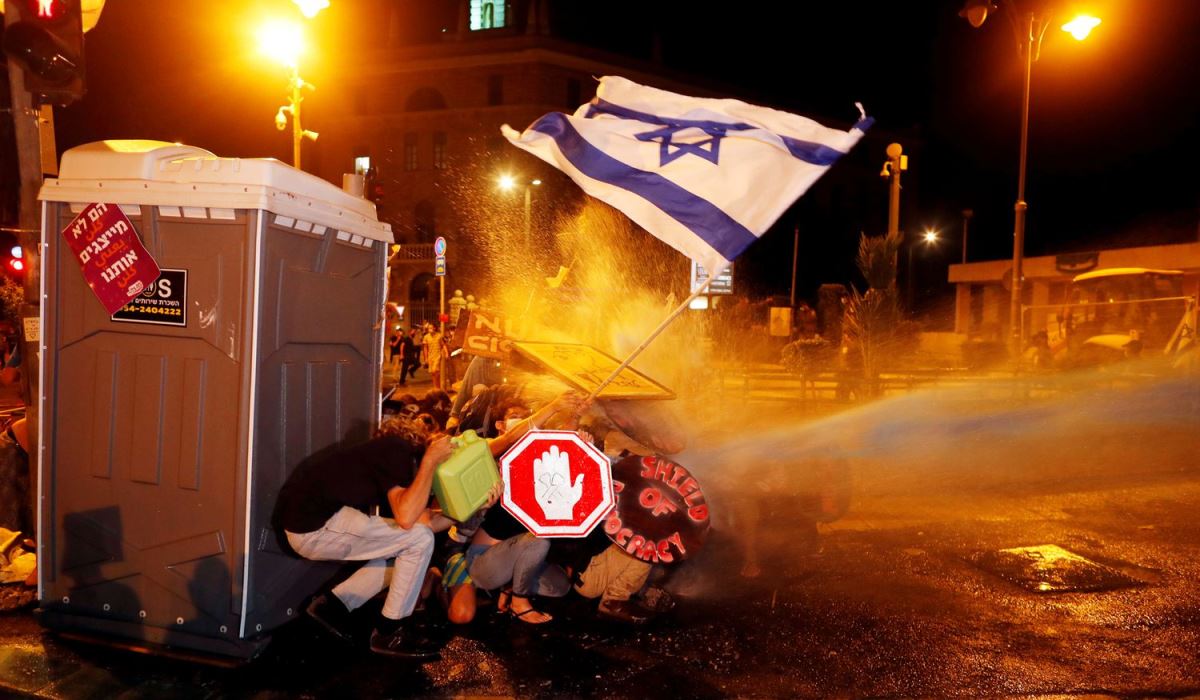
Netanyahu’s police violence
Numerous Israelis told the media that they were cornered one night by police officers and deliberately doused with a water cannon. Although they begged they wanted to go home, at least 50 were detained. Despite the mass arrests, not a single protester has been charged.
«Arrests are the police’s way of crushing protests», denounced Israeli human rights lawyer Gaby Lasky. She has defended the right to protest for human rights activists – Israelis and Palestinians – for years.
The police also apply the “Chaldean” technique, locking up protesters in a specific area and not letting them go out for an extended period of time. «It’s a new tactic», Lasky denounced. «It not only goes against the social isolation measures against COVID-19, but it is also traumatic and mentally damaging».
According to Lasky, several activists say they are watched by plainclothes policemen. They infiltrate the protests to find out who the leaders are and arrest them. “This is a pillar of Israeli military tactics in the occupied West Bank. It is called the ‘prime inciter’, a military term. The idea is that if you remove the main activists, the protests lose steam”, explained Lasky, quoted by The Guardian.
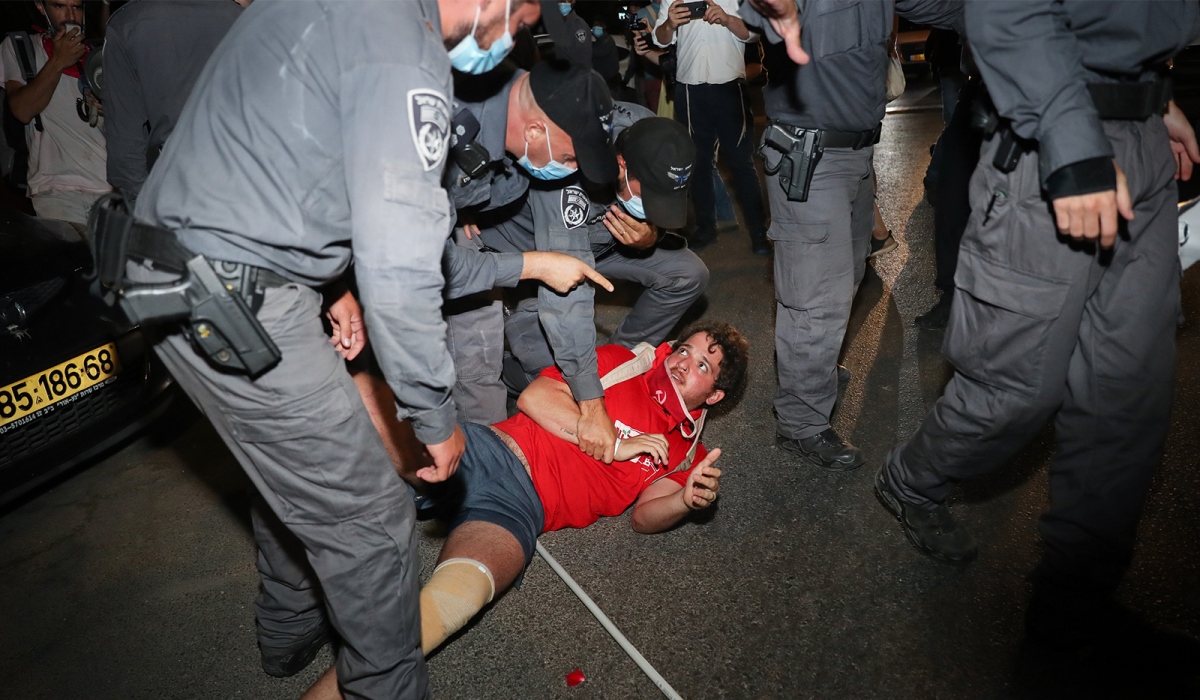
What is the position of the Palestinians in Israel?
The segment of society most familiar with repression is the Palestinians, who represent more than 20% of the population. However, in recent months they have been conspicuously absent from the protests. The lawyer argued that the Palestinians find the request to «save or restore Israeli democracy» misplaced. In her experience, Israel has never established a full democracy.
Ayman Odeh, an Israeli Palestinian politician, was quoted by the British media. «Palestinian citizens see the protesters fighting to save a democracy that they themselves never had and lamenting a breach of trust with the State that they never experienced«.
And he adds that, in the midst of their incongruity, “a whole generation of Jews is facing, for the first time, police brutality. But make no mistake, it is still much softer than what Arab citizens face«.
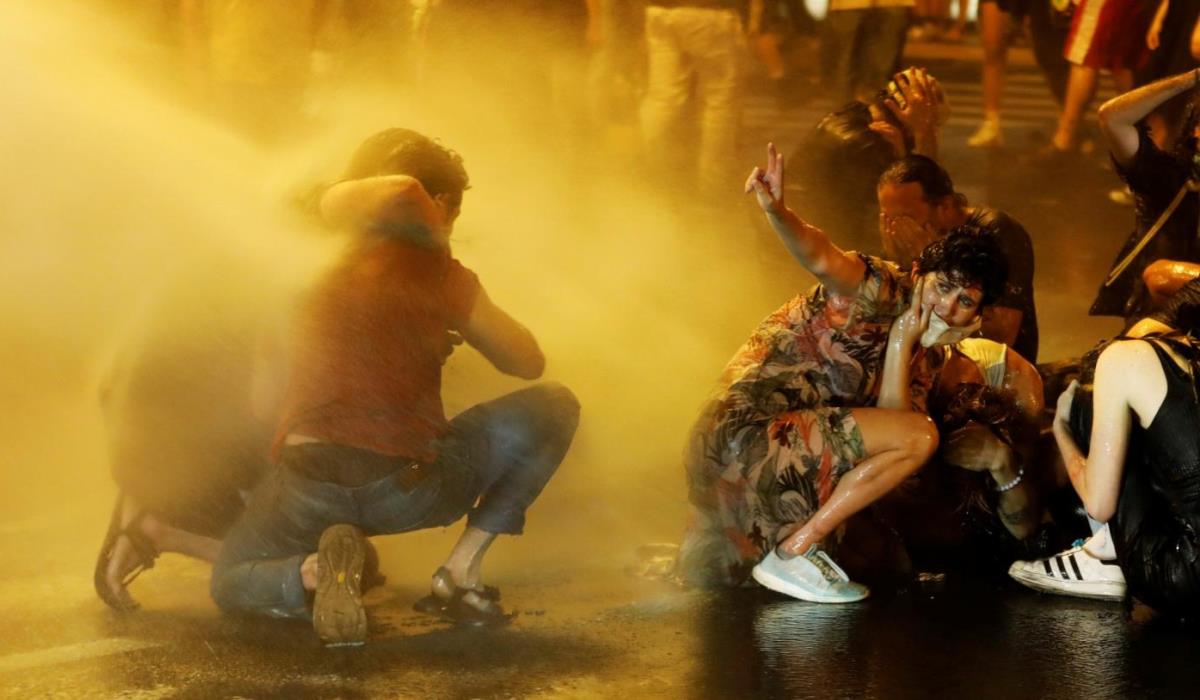
The protests are active, spontaneous and dynamic. It highlights ideological and tactical differences between older and younger protesters. The former seek to maintain a good relationship with the authorities. Meanwhile, the latter are willing to challenge them and be repeatedly arrested.
Also, for young people, the demand goes far beyond removing Netanyahu. «Our speech speaks of equality, individual rights, well-being, peace, occupation, distributive justice», said Maayan Amran, 37.
Amran said that in some protests the chant «Justice for Iyad» is heard. This is Iyad al-Hallaq, an autistic Palestinian living in Jerusalem who was shot dead by border police in May while walking to school.
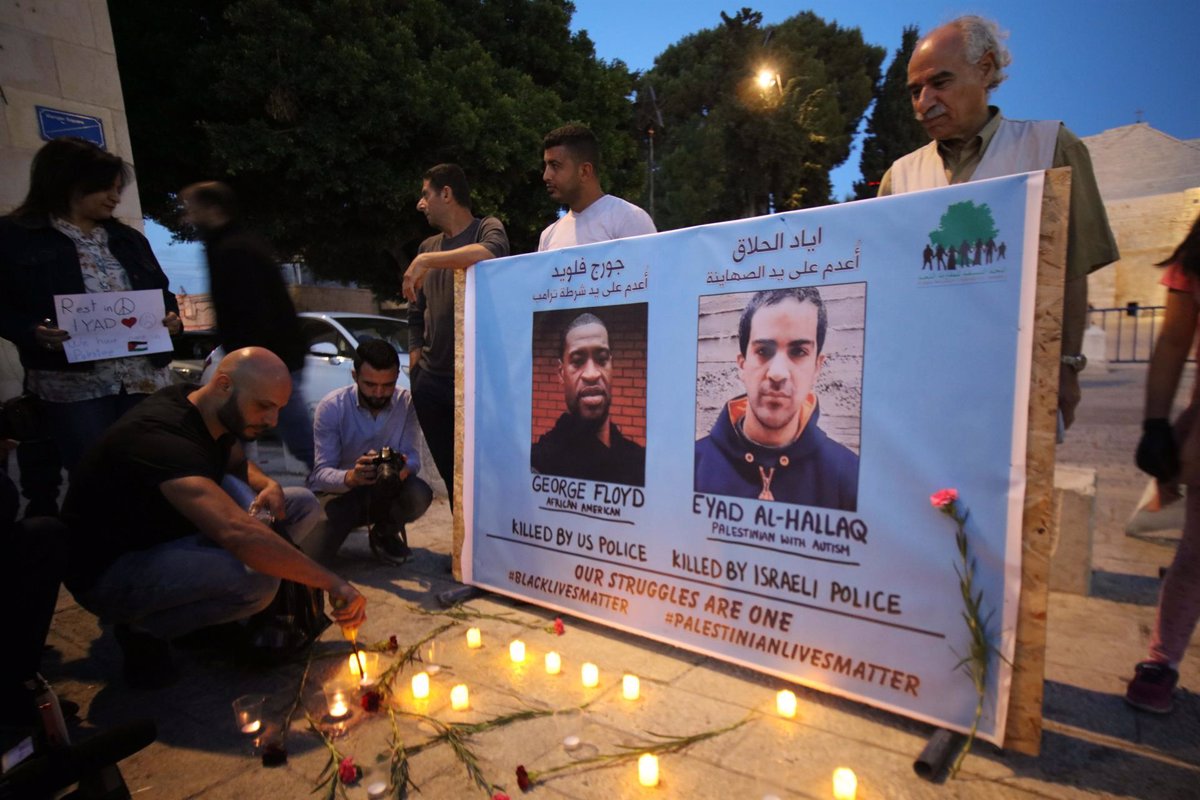
The effects of the pandemic
The mismanagement of the pandemic and its consequent economic crisis also influenced more Israelis to come out to protest. «The confinement turned every citizen into a lawbreaker», said Ohad Nevo, a 33-year-old activist, quoted by the British media.
“An act as basic as leaving your home became civil disobedience. The situation has allowed a popular awakening as people see how the State can take away our basic rights, placing us on a base more similar to the ultra-Orthodox, the Palestinians and the Ethiopians”, he explained. His words, although xenophobic, reflect the thinking of a large part of Israeli society.
For Akiva Novick, a journalist with the public broadcaster, there are signs that the protesters are managing to get into Netanyahu’s shoes. «He is becoming crazy. The Likud party is obsessed with these protests. The ministers are describing meetings in which they focus only on how to stop them”, he said.
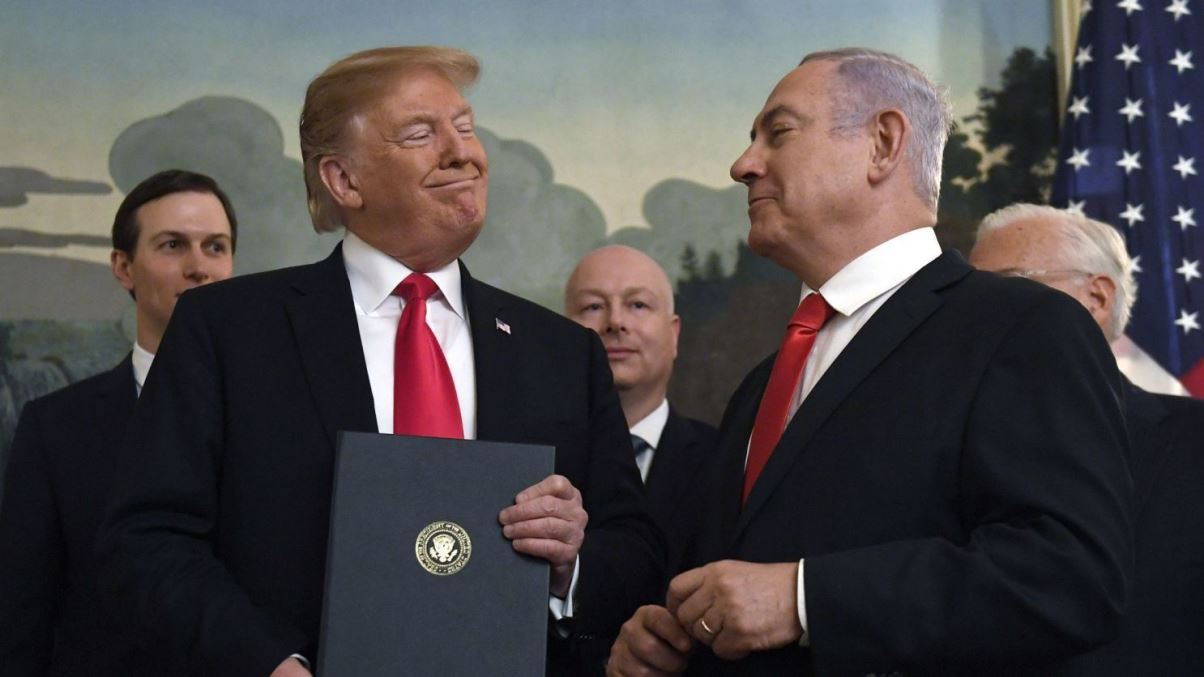
Likewise, Novick opens the picture a bit for those who believe that Netanyahu’s departure could lead to a more social government. “If there is an alternative other than Netanyahu, it is also on the right. People of Israel always move to the right. Whoever thought that discontent would make Israel turn to the left, is simply imagining things».
Despite this, activists in Israel are excited about Joe Biden’s victory in the United States. In the streets, the common cry heard at demonstrations is: «Trump is out, Netanyahu, you are next».
